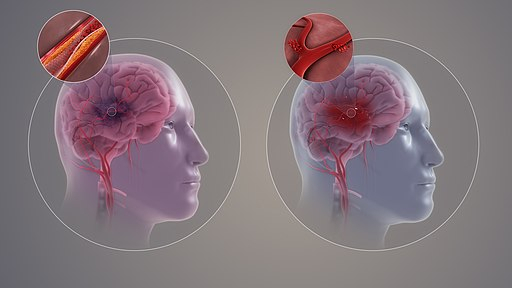A recent study by researchers found that stroke can be prevented in older adults if they take the Shingles vaccination Zoster Vaccine. Shingle is a viral infection which is caused by the chickenpox virus and is linked to an increased risk of stroke.
The viral infection is caused by the reactivation of the chickenpox virus and has the chance of occurring in people after the age of 50. The painful condition that causes skin blisters and has a serious complication is highly likely to come only with the people above a certain age and is also connected to their health condition.
"One in three people who have had chickenpox develop shingles in their lifetime. The Zoster Vaccine Live helps to prevent shingles and reduces the risk for shingles by about 51 percent," said study lead author Quanhe Yang from the Centres for Disease Control and Prevention (CDC) in the US.
Reviewing the records of people who had administered the vaccine

To help determine if the shingles vaccine reduces the risk of stroke, the researchers reviewed the Medicare health records of more than one million Medicare fee-for-service beneficiaries age 66 or older who had no history of stroke and who were administered the Zoster Vaccine Live between 2008 and 2014.
They followed them for an average of almost four years. That group was matched with the same number of Medicare fee-for-service beneficiaries who did not receive the shingles vaccine with the same four-year follow-up. To examine the effect of the vaccine on the risk of stroke, researchers controlled for age, gender, race, medications and co-existing health conditions.
Researchers found the receiving the shingles vaccine lowered the risk of stroke by about 16 percent, lowered the risk of ischemic (clot-caused) stroke by about 18 percent and lowered the risk of hemorrhagic (bleeding) stroke by about 12 percent.
The vaccine's protection was strongest among people ages 66 to 79 years; and among those under the age of 80 years, the shingles vaccine reduced the risk of stroke by nearly 20 percent and in those older than 80, reduced the risk by about 10 percent.
"The reason for increased risk of stroke after a shingles infection may be due to inflammation caused by the virus," Yang said. The study is scheduled to be presented at the American Stroke Association's International Stroke Conference slated from February 19 to 21 in the US.
(With inputs from agency)









